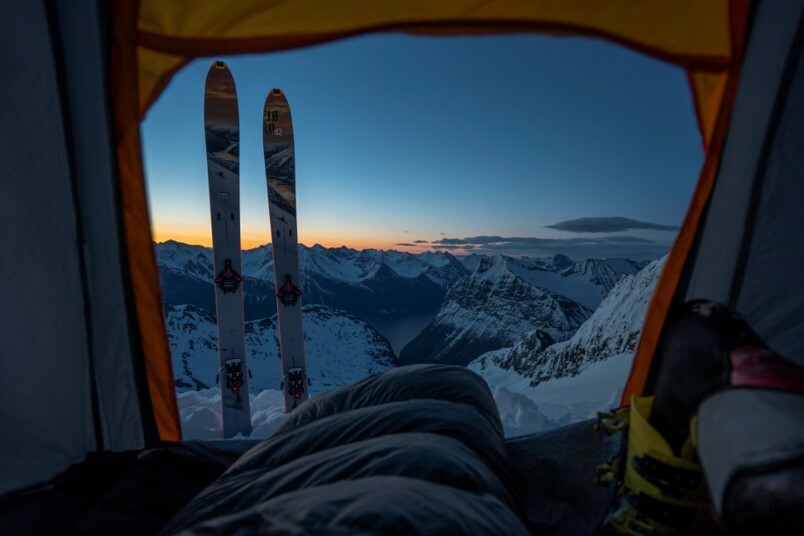Norway is unique
Norway’s unique. When it comes to the liberty to enjoy the outdoors, it’s one of the freest, most liberal countries in the world. You can pitch your tent almost anywhere. The Allemannsretten (people’s right to roam) and Friluftsloven (“Open Air Act”) are powerful and cherished in Norway, guaranteeing our right to use nature freely. Allemannsretten gives us the right to many things. But but this comes with real responsibilities. And one of these is that we take good care of nature and leave no trace behind. In fact, there a several specific things to bear in mind.Friluftsloven: “The Open Air Act”
When the Open Air Act was introduced in 1957, camping was regulated by law for the first time. The Open Air Act, contains the most important rules on “allemannsretter”: rights governing free movement, regardless of who owns the land. Today, the Open Air Act mainly consists of rules on the content and limitations of the right of access (Chapters I and II), rules on the management of outdoor activities (Chapter III), provisions regarding outdoor activities against the will of the landowner (Chapter V) and rules on infringement and punishment (Chapter VI). Originally, the Open Air Act also contained several provisions on building bans and notification obligations in connection with construction (Chapter IV, now repealed).Camping
As a general rule, according to §9 of the Open Air Act, you can pitch your tent anywhere at least 150 meters from the nearest inhabited house or cabin and stay there for up to two days. You can’t stay there longer than that without consent from the landowner. It’s nevertheless important to note that local regulations may contain stricter rules, and it’s prohibited to camp in certain outdoor areas outside designated areas. These prohibitions are usually indicated by obvious signage. Camping in “infield” areas (cultivated land and the areas around inhabited buildings) is more strictly regulated than in “outfield” areas (basically any uncultivated wild place, including beaches, forest, mountains and marshes), and always requires consent from the landowner. Farmers can take this pretty seriously. In the mountains and in places far from built areas, one can stay longer without consent if the stay doesn’t cause significant damage or inconvenience to others. It’s also important to note that the law contains several special exceptions to the general rule (camping isn’t permitted if it could damage young forest, for example). In brief, the rules for camping are founded on a requirement for considerate and conscientious behaviour and the basic understanding that all camping must take place without harm to nature or nuisance to others. Don’t make a scene and take all your rubbish with you, basically! And one thing that we think is important, despite not being enshrined in law – leave no trace! When you leave, leave it as you found it, so others can enjoy the beauty of the place as you did.If you pitch a tent in the wild, you must remember:
Leave no trace
Allemannsretten entitles us to many things. But it comes with responsibilities. One of the duties is that we take good care of nature, and leave no trace behind us. Travelling without leaving a trace is about leaving behind no more than your own footprints, so that those who come after us can enjoy nature, untouched, as you did. We have a shared responsibility to take care of it.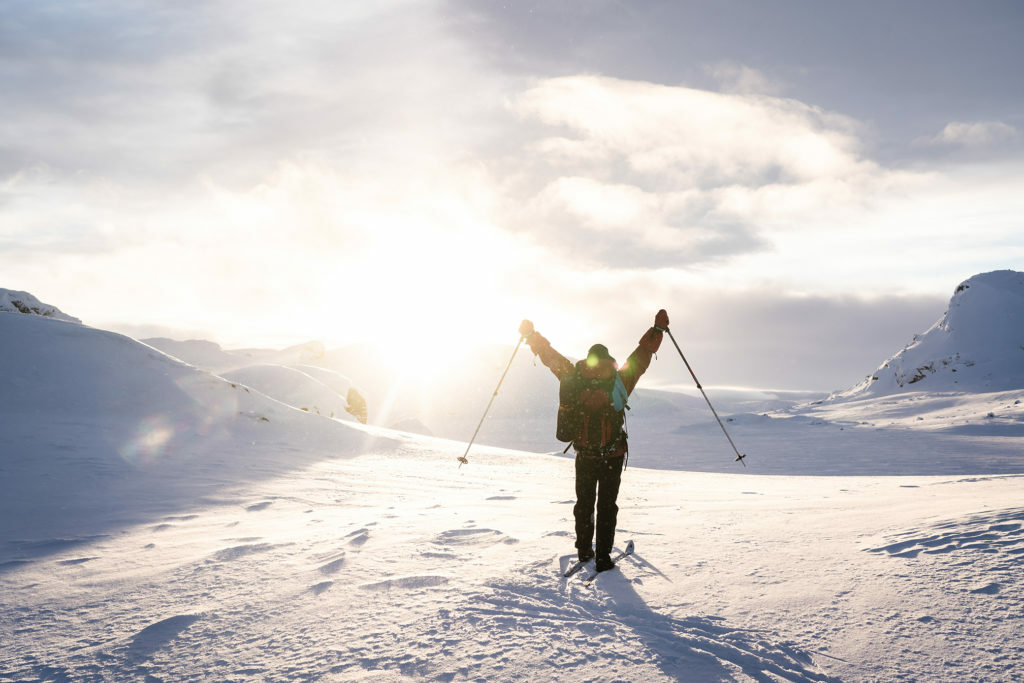
Allemannsretten – the right to roam
Being out in nature is an important component of our cultural heritage. Since time immemorial, we’ve had the right to travel in forests and fields, along rivers, on lakes, through archipelago and mountains regardless of who owns the land. We can harvest from nature – not only saltwater fish, berries, mushrooms and flowers, but impressions and experiences. The main principles of the right to roam are enshrined in law in the Open Air Act of 1957. The right of access both grants rights and entails obligations. Exercising your rights requires consideration and attentiveness. Section 2 of the Open Air Act expresses the main rule of the right of access: “In rural areas, anyone can move on foot throughout the year, when it is done considerately and with due caution”. But there are many exceptions. Section 19 of the Act specifies that restrictions resulting from other laws and regulations take precedence. Examples of this may be restrictions owing to nature conservation or bathing bans arising from drinking water restrictions.Allemannsretten applies in uncultivated places. There you can:
Boots and skis
You may travel freely through rural areas, summer or winter, whether it’s on a path/road, on ski tracks, or if you want to find your own way. In winter, you can also travel on frozen or snow-covered fields and meadows. You can travel on paths and roads in unbuilt areas all year round, but remember to keep your distance from farmyards, houses and cabins. All dogs must be leashed between 1 April and 20 August inclusive. You can stop and rest wherever you want in an an unbuilt area if it is not near any inhabited house or cabin and otherwise make sure to treat others with consideration. You can’t light a fire in any wild place between 15 April and 15 September. You are legally responsible if your fire causes a forest fire. .In wild places, remember:
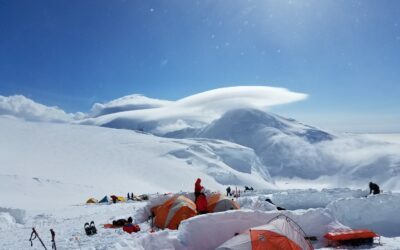
Preparing for Åsnes Expedition Amundsen
Dreaming of an adventure in the winter mountains? Or a lover of endurance races? Maybe Åsnes Expedition Amundsen is for you. But you’ll need to be ready.

Training for multi-day tours and expeditions
Generally speaking, there’s no such things as being in “too-good shape” for a long tour. You really want to be in the best shape possible before you set off…

How to use Åsnes short skins
Wondering how to use Åsnes short skins? Not sure what these skins are good for and what the point is? Or wondering how to install a short skin? How to customize them? Whatever it is, here are the answers.
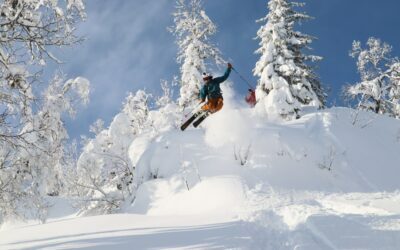
Eight things to check before you start the season
Before you drop everything at the first sign of snow and rush out to ski, keep yourself and your crew safe by checking that you’re “avalanche ready” before the season really starts!

Tips for taking a dog into the wilds
Positive training and positive experiences in the outdoors make for a confident dog. But setting out in winter is something a little different – especially if you’re overnighting. So we’ve put together some good rules, tips and tricks to make the experience the best it can be. There’s nothing to prevent these tips being applied in your everyday life with your dog, either!
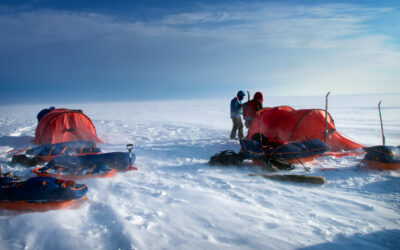
Setting up camp – essential routines
Preparation is, as always, everything. You can never be too well practiced and prepared. Take pitching a tent in strong winds, for instance. It’s something you can train for…


